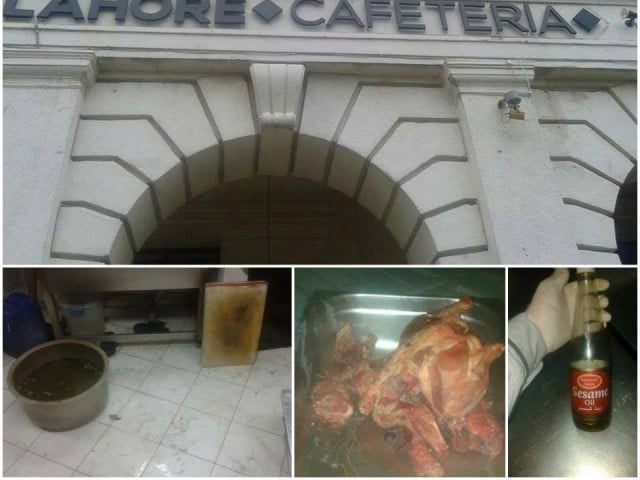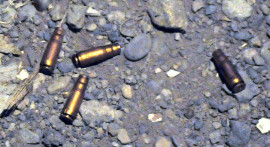
College of Tourism and Hotel Management (COTHM) Chief Executive Officer and Lahore Restaurant Association (LRA) General Secretary Ahmad Shafiq stresses the need for hiring trained personnel. Every food outlet should make arrangements for training of all staff members to avoid the food safety compliance issue, he says.
Shafiq points out that the PFA’s campaign has established two major problems in almost all food businesses – cleanliness and maintenance of the kitchen and working area. He suggests acquiring services of food hygiene officers to avoid these issues.

Commenting on the reservations of restaurants and the hospitality sector, he says that the food industry has always supported the PFA’s role and believes that there is a dire need for similar bodies to extend operations across the country. “However, the authority should differentiate between good and bad eggs.” Restaurants that are registered with the Federal Board of Revenue (FBR) under the General Sales Tax (GST) or those which have big international brands behind them should not be put on trial like some common street vendor, he says.
Shafiq says that the authority should compile an operations manual and define standard operating procedures for food businesses. It should take businessmen into confidence before making such guidelines and should clarify the role and responsibility of food businesses, he suggests.
Shafiq says those involved in illegal trade of animal carcasses and adulterated food items should be dealt with an iron hand. The food industry is ready to offer all possible support to the PFA in weeding out illegal businesses. “It is our collective responsibility.”
A senior official of a leading hotel on The Mall said all big hotels and restaurants in the city had qualified chefs. Some of the popular eateries and hotels had staff members with foreign qualifications who have had extensive training in food safety and compliance with international food safety standards. He says they also conduct regular in-house training sessions for staff members but it might be difficult for medium or small businesses to organise such programmes.
He says the second highest paid employee in his hotel was the chef, who had a foreign qualification and a long list of professional trainings. He says his hotel had set up its own training wing but if such training facilities were available across the country, the situation would improve dramatically.
Punjab Technical Education and Vocational Training Authority (TEVTA) Chairman Irfan Qaisar Sheikh agrees that food laws compliance issues are related to training of staff. He says that there was a huge demand of trained human resource in the hospitality sector locally and abroad and the TEVTA was planning to assess market demand and start its own training programmes for the food industry.
Published in The Express Tribune, August 3rd, 2015.
1725523665-0/Minecraft-Movie-(1)1725523665-0-405x300.webp)



1732086766-0/BeFunky-collage-(74)1732086766-0-165x106.webp)

1732011525-0/Express-Tribune-(8)1732011525-0-270x192.webp)










COMMENTS
Comments are moderated and generally will be posted if they are on-topic and not abusive.
For more information, please see our Comments FAQ